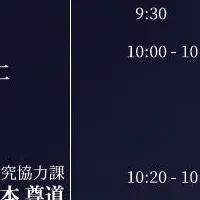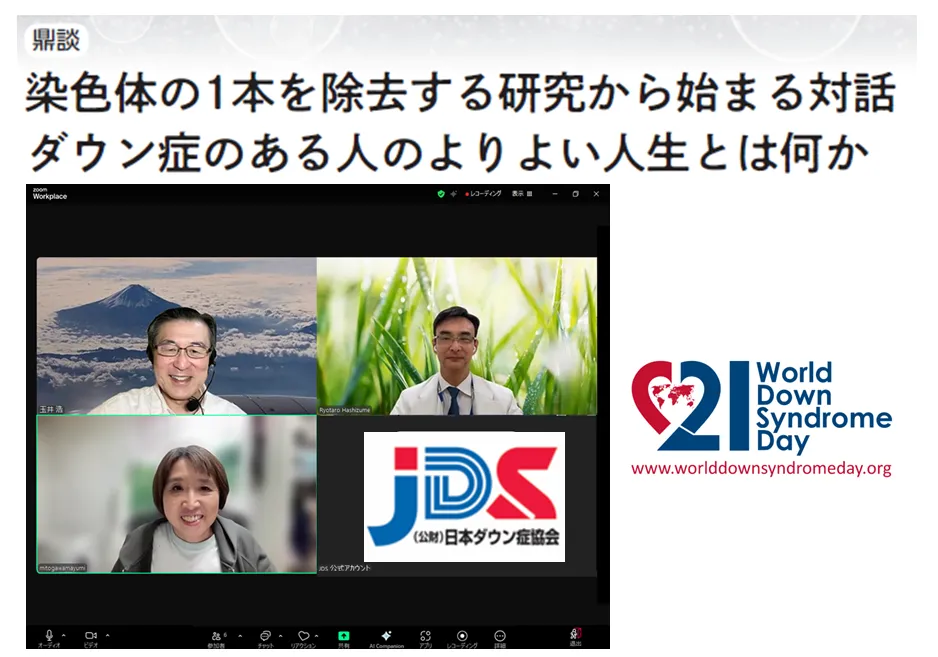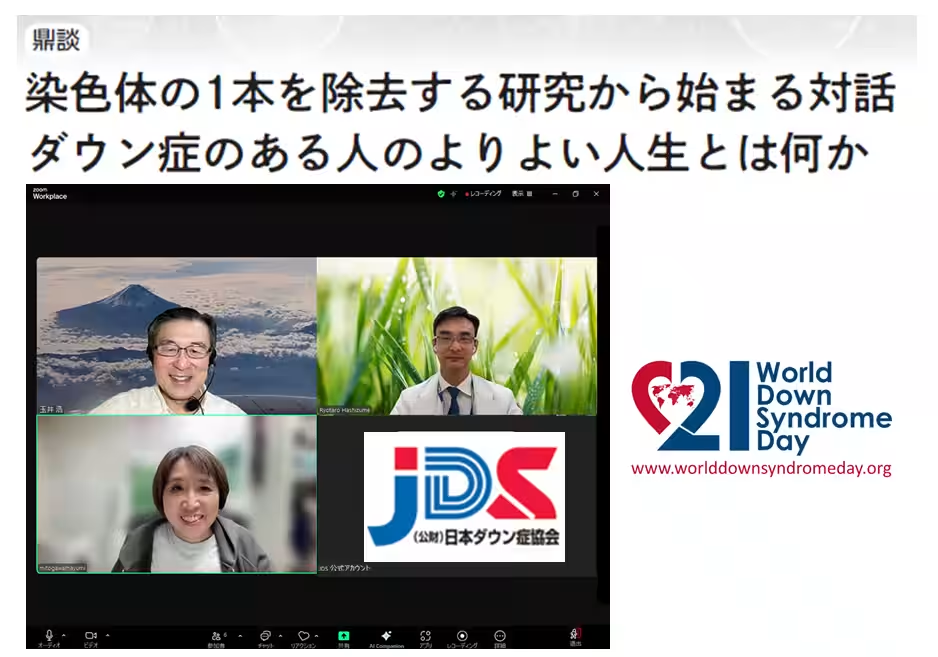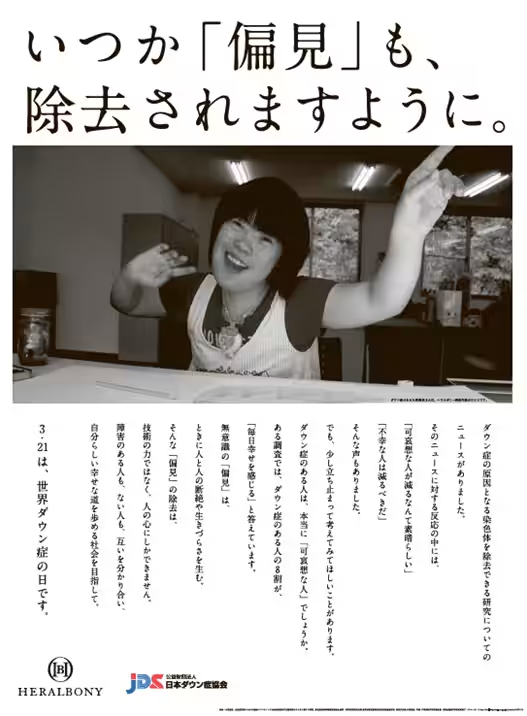

Exploring the Impact of Removing a Chromosome on Down Syndrome Lives
A Dialogue on Improving Lives of Those with Down Syndrome
In a significant development for Down syndrome advocacy, a recent discussion hosted by Mie University showcased insights from key figures in this field. The talk featured Dr. Reitaro Hashizume, a researcher from Mie University; Hiroshi Tamai, the representative director of the Japan Down Syndrome Association (JDS); and Mayumi Mitogawa, a board member involved in Down syndrome advocacy. The dialogue, themed "What Does a Better Life Look Like for People with Down Syndrome?" focused on the implications of removing a chromosome implicated in Down syndrome.
Background of the Research
The discussion was sparked by Dr. Hashizume's groundbreaking research, which successfully removed a chromosome identified as a contributing factor to Down syndrome. This innovative study garnered significant media attention, with headlines heralding a potential breakthrough in treatment. However, it also led to misconceptions among the public, with some suggesting that this research opens the door to a cure for Down syndrome. This misunderstanding caused a wave of confusion and anxiety among families and caregivers of individuals with Down syndrome, prompting a need for a clearer dialogue on the subject.
Both Dr. Hashizume and the JDS leadership recognized the need to address these misconceptions. Their partnership led to the creation of a compelling advertisement on March 21, 2025, coinciding with World Down Syndrome Day, under the slogan "One Day, Let’s Remove the 'Prejudice' Too." This initiative aimed not only to inform but to foster dialogue among stakeholders about the realities of Down syndrome and the nuances of the recent research.
The Importance of Meaningful Dialogue
On April 27, 2025, the three leaders convened for an in-depth discussion disseminated via the JDS website. They addressed the intent behind the research, delving into the deeper meanings of "treatment" and the potential for alternatives that do not revolve around chromosome removal. The discussion emphasized the significance of expanding options for people with Down syndrome to enhance their quality of life.
Throughout the dialogue, various topics were explored, including how to dismantle societal prejudices surrounding Down syndrome. The participants emphasized conversations urging communities to confront their biases, mainly focusing on how broader societal acceptance could significantly improve the lives of those with Down syndrome.
By recognizing the contributions and potential of individuals with Down syndrome, the dialogue illuminated pathways toward a more inclusive society where differences are celebrated rather than stigmatized. The insights gained from this conversation represent a vital step in forging a future where people with Down syndrome can thrive, unhindered by stigma and misconception.
Conclusion
The exchange of ideas during the dialogue served not only to educate but also to inspire action. JDS, alongside leading researchers, is committed to promoting a culture where misunderstandings are clarified, and individuals with Down syndrome are given every opportunity to lead fulfilling, enriched lives. As the JDS encourages ongoing dialogue and support for individuals with Down syndrome, it anticipates that such discussions will foster greater understanding and appreciation among the general public.
For those interested in exploring this important dialogue further, the JDS has made the full discussion accessible on their official website, marking a continuing effort toward supporting the Down syndrome community and advocating for a more inclusive society.
For more information, visit the JDS official website here.
Related Topics
- - March 21 is recognized as world Down Syndrome Day, with themes aimed at raising awareness and promoting understanding. For additional resources, visit the JDS’ homepage.


Topics People & Culture)










【About Using Articles】
You can freely use the title and article content by linking to the page where the article is posted.
※ Images cannot be used.
【About Links】
Links are free to use.